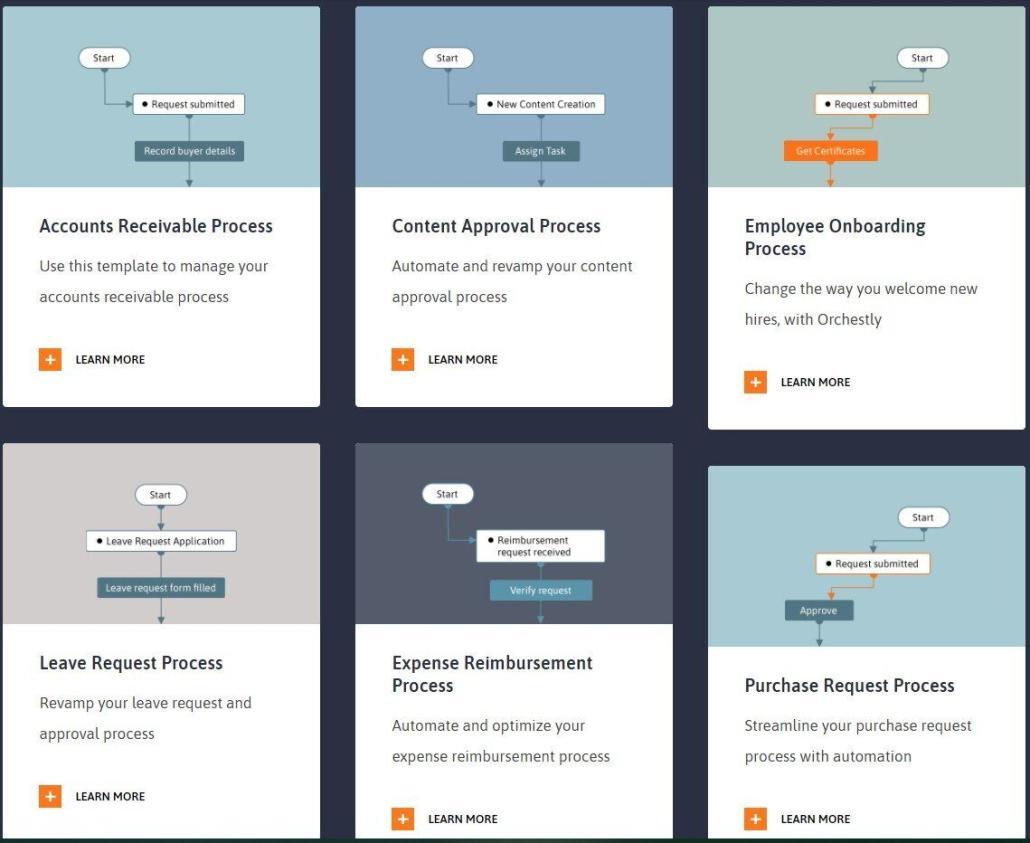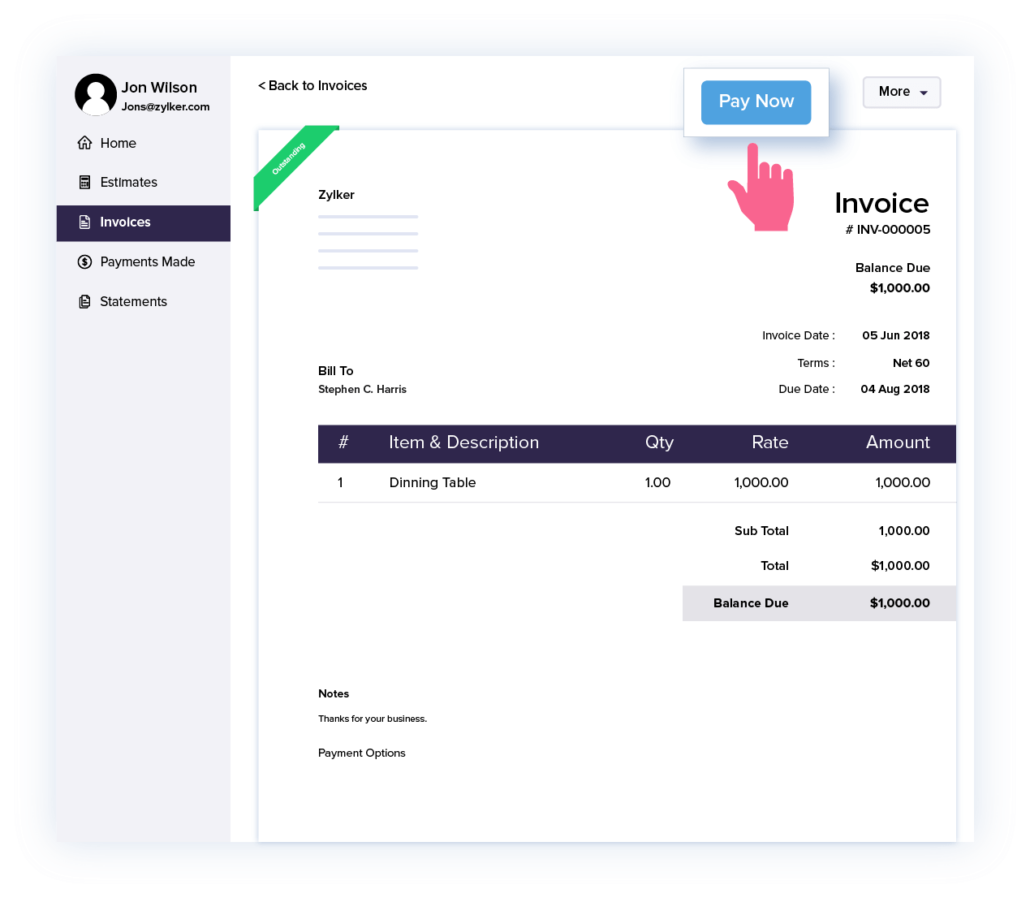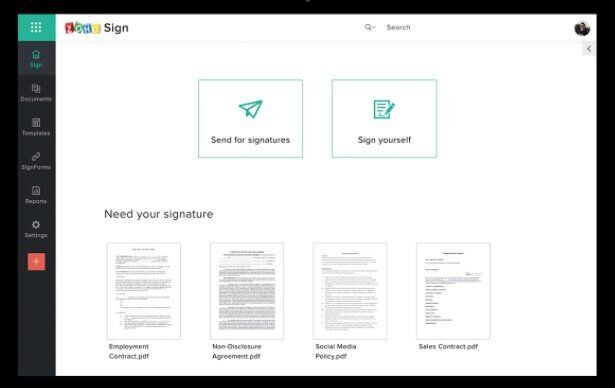With firms being fully virtual for the first time, there are some considerations they need to keep in mind to run a virtual firm successfully for the long term. These considerations come from my experience running Digideo, a virtual and remote firm I’ve run for the past 8 years, and managing virtual project teams in Procter and Gamble for 5 years.
1. Your people
The first is keeping your team connected by using remote tools like:
-
chats (your employees or vendors can easily communicate with the rest of the team, whether through a chat function or having regular times of connectedness),
-
messengers ( Skype, Slack, etc.),
-
video conference calls ( Zoom, Zoho Meeting, etc.),
-
time tracking apps for capacity and project hours ( Zoho Timesheet, Toggl, etc.)
-
cloud-based IT platforms for project management, operations, finances, logistics, warehousing, people management, shared drives ( CRM/ERP system, like Zoho One, and Zoho Workspace, Remotely).
I also keep regular one-on-one virtual conference calls with my team more often than normal. These meetings should be around how they are doing and ensure they have the support they need as they work through this challenging time.
It is also important that when your team communicates with each other, they can do it virtually, face-to-face, via video calls. These video calls bring a human element to the conversation and help your team not feel separated from the rest of the virtual company.
The other element to keep in mind here is continuing the acts of community that you have in the office in a virtual format. Whether having lunch together or having a happy hour, you can replicate those same events virtually.
Please remember about minutes after such calls if they require your action and support. It is always beneficial to have some summary. If your meeting was only for socializing, you obviously don’t need any written summary.
2. Clients
In having a physical presence, you have built certain expectations in how you serve clients. Whether it’s clients coming into your office to drop documents off or meeting with clients to advise them on their business, how you work with them will need to change when working with them virtually. This means changing your procedures for serving your clients and the software you use to serve them.
I suggest starting working with Zoho One apps – Workspace, Zoho CRM, Projects, Books, Meeting, Desk, and others based on your needs.
You can set up a portal for your clients in Zoho One, where they can see tasks and issues, invoices, and projects related to them.
It would help if you also changed how you communicate with your clients. That might be doing your calls with them over the video or implementing a system like Chat, Slack, or Messenger to keep in touch with them. However, one of the most important aspects of this change to working virtually is keeping a human touch on serving them. Your clients are also dealing with a major change to their businesses, and being able to relate to them on a human level is very important. So, ensuring the video is at least part of your strategy is a good idea. I organize regular virtual meetings with them, where I can also record the whole meeting. It is handy for further follow-ups or training others.
ECommerce businesses recently implemented AI and chatbots widely because they are the most advanced virtual companies nowadays.
I suggest adding similar tools to your current virtual company website. It will help to collect new leads and new prospects and serve your current customers faster and 24 hours a day.
3. Processes
Working virtually and remotely will change your processes and how you do your work. How you did it in the office will be different when your employees work from home and your clients can only be served virtually. Most of these changes in processes will happen on the fly.
As you make these changes to your processes, document them.
Zoho CRM and Zoho Projects allow creating blueprints for different processes, or you can use Zoho Orchestly that will manage all your processes.
Your tool will automatically notify you of what you need to do, and if you’re a manager, it will help you keep a tab on all your team’s work items.
If you decide that working virtually and remotely is something that you want to do long past the impacts of COVID-19, make sure you document the changes to your processes and discuss how those changes are taking place. IT solutions like Zoho Orchestly can help here. You will be able to get more reports and dashboards on demand.
For a process to flow smoothly, all the information about the process, like the requestor’s name, its priority, and related documentation, must also be shared. When you’re all sitting one desk away from each other, getting what you need is easy. Unfortunately, that’s not the case when you work remotely. Missing important documents or sending outdated ones is a risk, and it might not be discovered until much later.

This is also a time of experimentation with your processes. Take time to try something new and differentiate how you work and engage with your clients. Many firms never thought they could work virtually but had to because COVID-19 forced the change. Consider whether there is a better way to work with your team and your clients and make the changes to those processes so you can work more effectively in the future.
4. Company
You can’t serve your clients and your team if your firm is not doing what it takes to ensure its survival into the future. One of the most important ways your firm can do this is by ensuring it has the cash flow needed to pay employees and keep the virtual lights on.
This means ensuring you are paid electronically for your services regularly versus issuing invoices, hoping your clients pay timely, and then tracking down checks from clients. Getting paid electronically allows you to have the cash flow predictably. This ensures that you can pay your staff and not have to lay them off. In Zoho Books, you can allow electronic payments via Paypal, Paypal business with e-checks, Stripe, Authorize.net, WorldPay or Brain Tree, and simple wire transfers or bank transfers.

It’s also important to ensure everyone in your virtual firm is proactively helping your clients through this. If your firm takes a reactive or passive approach, your clients won’t find your services valuable, and when they need to cut expenses, yours will be the first to go. The goal for your firm right now is to ensure business continuity. Ensuring your firm is in a good position will allow you to serve your clients, ensure your employees still have a job, and ensure your business will get through this.
5. Legal agreements and security
In my consulting business, all my clients are being served virtually.
Together with lawyers, I prepared special legal agreements, like NDAs, cooperation agreements with vendors, or project-related ones that can be signed off virtually by using Zoho Sign or Adobe Sign. Of course, it depends on the country and the value of such an agreement (sometimes you need to sign off personally). Still, such apps can be easily integrated with your Zoho CRM, and you can track the expiration date, details of the agreement, and products connected with it. It saved me many hours of commuting to/from clients. I believe that they are also satisfied with such a solution.

Of course, you also need to think about security because your company data can be easily exposed to others or copied by your employees, you need to monitor what your employees do during their working hours. There are some tools that help in such control, but it is an additional cost for your company.
In summary, more and more businesses will have to switch to virtual online sales and operations, especially during Covid 19.
It opens your virtual firm to the global market, but it can cause legal issues, more investments in IT software, and the introduction of more controls.
These five considerations for transitioning to a virtual firm are important in considering the impacts on your people, clients, processes, and virtual firm. Making thoughtful considerations on each of these areas will ensure your firm can weather this time and make the business model changes so that your firm can thrive in the future.
We can help in such a process. Please feel free to contact us.



 Digideo
Digideo
 Digideo
Digideo Digideo
Digideo Digideo
Digideo
 Digideo
Digideo Digideo
Digideo
Share this entry